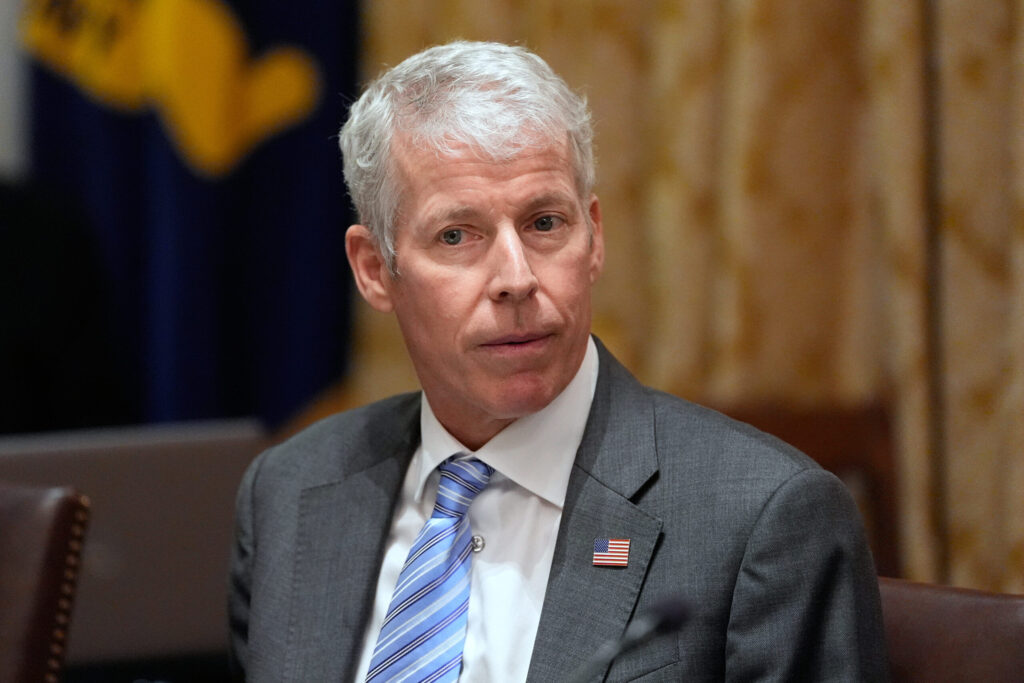State’s scarce housing supply needs balanced legislative approach | OPINION




Colorado has a housing affordability crisis and, as state legislators, we have an opportunity to partner on solutions this year to help address this issue. Why is this so important? Because access to affordable, quality housing is foundational to personal and financial stability, provides safety and life-sustaining shelter, and is also a vehicle for reducing childhood poverty and increasing economic mobility and intergenerational wealth. To that end, we have introduced SB24-106, a measure to help provide more attainable and affordable housing options in Colorado.
The need for this bill is clear. Coloradans deserve balanced public policy that addresses our housing affordability issue at its core… what’s commonly referred to as construction liability or “defects” lawsuits. The goal of SB24-106 is to help reduce insurance costs by decreasing the magnitude and frequency of defect claims; ensure homeowners have the right to pursue timely and effective remedies for construction claims; provide a faster path for homeowners to resolve disputes; help to reduce building costs to produce attainably priced homes; and create more opportunities for Coloradans to secure greater financial security through homeownership. SB24-106 allows us to do all of this without sacrificing the standards we should expect from our building community, while also offering more housing choices and pathways for homeowners to address their concerns.
Stay up to speed: Sign up for daily opinion in your inbox Monday-Friday
We recognize this is highly complex issue and that this bill will not solve all our housing affordability challenges, but it is an important first step and a fair and balanced approach to addressing Colorado’s case of the “missing middle.” “Middle housing” refers to a range of housing types between standalone homes and large apartment buildings, and it is intended to meet the demand for walkable neighborhoods, respond to changing demographics and provide housing adaptable to different household sizes and needs. The provisions in our bill focus particularly on the scarcity of a certain type of “middle housing” development that every community in Colorado is experiencing: condominiums.
Why the focus on condominiums?
Multifamily for-sale housing – like condos – is a critical component of this solution because it offers Coloradans an affordable owner-occupied housing alternative at different price points for diverse populations of people. For example, our state’s minority community is disproportionately represented in homeownership, which is the primary means of accumulating wealth for the average family and most effective way to close the racial wealth gap, according to housing advocates.
Condos also provide individuals with disabilities access to smaller, more affordable housing closer to where they work and public transit. They offer our state’s more mature population – seniors, retirees and empty nesters – the opportunity to downsize and live near their younger family members without having to maintain a house too large and expensive for their needs. And they provide the essential workforce that drives our economy – like teachers, nurses, grocery clerks, restaurant and retail staff, childcare providers, firefighters, first responders, police and skilled laborers, etc. – with more opportunities to live in the communities they serve. It’s imperative for the health of Colorado’s economy to attract and retain our educated and talented young professionals, and for them condos are less expensive, giving first-time property owners a chance to build equity and continue to progress along the homeownership continuum.
What happened to condo development?
The lack of condo development is an issue that’s evolved for years. Unfortunately, our state has suffered an increasingly litigious culture because of construction liability litigation regarding minor defects and code violations instead of actual damages. Contractors’ liability insurance has spiked over the long term – increasing costs of condo development and reducing housing options, particularly in the form of condos. In fact, a recent study found Colorado’s condominium development across 11 Front Range counties between 2018 and 2022 was 76% lower than between 2002 and 2008.
Colorado’s scarce housing supply – particularly in the middle housing space – has not kept pace with population, which is 20% greater than it was in 2008, and one of the primary reasons that home prices are so high. The estimated housing deficit in the Denver metro area for 2023 ranged between 45,025 and 115,012 housing units. And to further put this into perspective, while fewer mid-priced condos are being built in Colorado, they are also becoming increasingly more expensive to construct. In 2005, the majority of new and existing condominium units were priced under $300,000 because of an adequate supply. By 2023, only two percent of new condos built were priced under $300,000. And, due to the severe lack of supply, currently only a third of resale condos are available for under $300,000. In October 2023, the mid-point price for metro Denver condos was $418,000. For Coloradans making an average of about $56,000 per year, homeownership is simply out of reach.
With SB24-106, we are confident we have crafted a balanced solution to reform construction liability litigation and still protect the rights of homeowners, to provide additional housing choices, to maintain high standards for construction professionals and to help reduce building costs to produce attainably priced homes… ultimately creating more homeownership opportunities for Coloradans.
Sen. Rachel Zenzinger, Sen. James Coleman and Rep. Shannon Bird are the prime sponsors of SB24-106: Right to Remedy Construction Defects.













